-
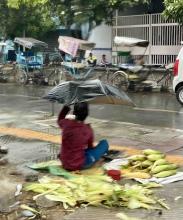
Analyze this: A week-long protest, riot and looting in Haiti due to spiralling food prices led to the ouster of the Prime Minister and the announcement of a $10 million feeding program by the World Bank during an emergency meeting in Washington in April. The 9000-strong UN peacekeeping force is still in a dilemma to face the ‘hungry mob’ in Haiti. Approximately 10,000 workers clashed with police near the capital in Bangladesh over the rising food price. At least dozens of people, including 20 police officials, were injured in the violence in Dhaka.
-
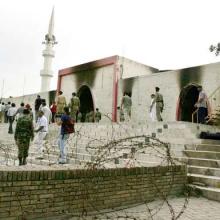
The terrorist attacks on the World Trade Centre on September 11, 2001, resulted in a historic partnership between the U.S. and Pakistan. Pakistan emerged as a vital ally of the U.S. in the global war to counter-terrorism. Though barely realized, in February 2008, this war entered a new phase. The U.S. had thus far fought the war against terrorism with the support of the dictatorial regime of Pakistani President Pervez Musharraf. The parliamentary elections in Pakistan in February 2008 transferred political authority in favour of the democratically elected government.
-
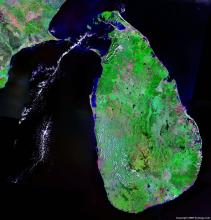
Global climate politics is finally at home. The much-controversial Environmental Conservation Levy Bill passed without a debate in the Sri Lanka Parliament on April 9, 2008. According to Environment Minister Champika Ranawaka, the Bill is based on the ‘polluter pays principle’. While the tax itself is not justified in the Bill, the question remains: why is the levy charged for electronic items, phone bills, and electricity bills for the climate adaptation Fund?
-

This year, there are two days for the World Water Day celebration! On March 20, the UN observed it as the water day for unknown reasons but could be drawn out of the long weekend. In 1992, the UN General Assembly designated March 22 as ‘World Water Day’ to draw international attention to the critical need for safe drinking water worldwide.
-
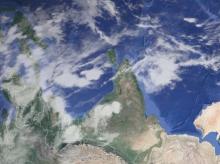
India joined the trillion-dollar GDP club just before this year's usual Finance Minister’s budget speech. The fifth consecutive budget presentation by the incumbent finance minister (FM) P Chidambaram is itself a rare achievement that was only rivalled by his present prime minister. When Dr Manmohan Singh was finance minister, the Congress party government didn’t worry about the Earth Summit or climate change but just opened the Indian market for the West (waste!) world to plunge into it.
-

The defence budget outlays for 2008-09 (at Rs.1,05,600 crores) have increased by ten per cent at current prices and by 14.1 per cent vis-à-vis last year’s revised estimates of Rs. 92,500 crores. Provisions for more considerable defence efforts typically not included in the defence budget (for example, outlays for civil defence, coast guard, etc.) could put the figure at Rs. 1 25,000 crore or possibly more.
-

Budgetary outlays for national defence need a careful autopsy for a general understanding, which has otherwise been kept out of a national debate. This apathy must change for the very simple reason that a subject which accounts for 14 per cent of the total government expenditure and is not kept under the planned category needs to be appropriately examined. First, defence expenditure has witnessed only a modest hike this year.
-

The threat of emerging infectious diseases is a product of the globalisation process. Changing lifestyles, patterns of behaviour and several such complex factors have led to the emergence and spread of disease in India. The outbreak of diseases like SARS, Japanese encephalitis, dengue, chikungunya, malaria and bird flu, etc., in recent times, have critically influenced human lives in India. Added to this, is the spectre of biological terrorism. This can potentially make a state vulnerable to threats.
-

As the investigations into the Las Vegas Ricin poisoning continue with the Centers for Disease Control issuing a health advisory already, the mystery over two vials of poison found in the Von Bergendorff’s Motel room still haunts Police, FBI and U.S. Homeland Security agents. Police claimed to have found guns, "anarchist-type" fiction (with the ricin section highlighted), and castor beans from Bergendorff’s room, which has been under medical supervision since mid-February.
-
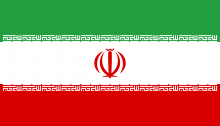
Apart from its nuclear bravado, Iran is simultaneously exploring new grounds up above in the sky for expanding military influence, and that is space. In early February this year, Iran fired a sounding rocket into outer space to mark the opening of its first space centre. Such rockets are usually instrument-carrying crafts designed to take measurements and perform scientific experiments during their sub-orbital flight. Iran also proposes to move further by launching their first home-produced satellite, "Omid" (Hope), in March 2009.
Paxton ported to drupal by DropThemes.in